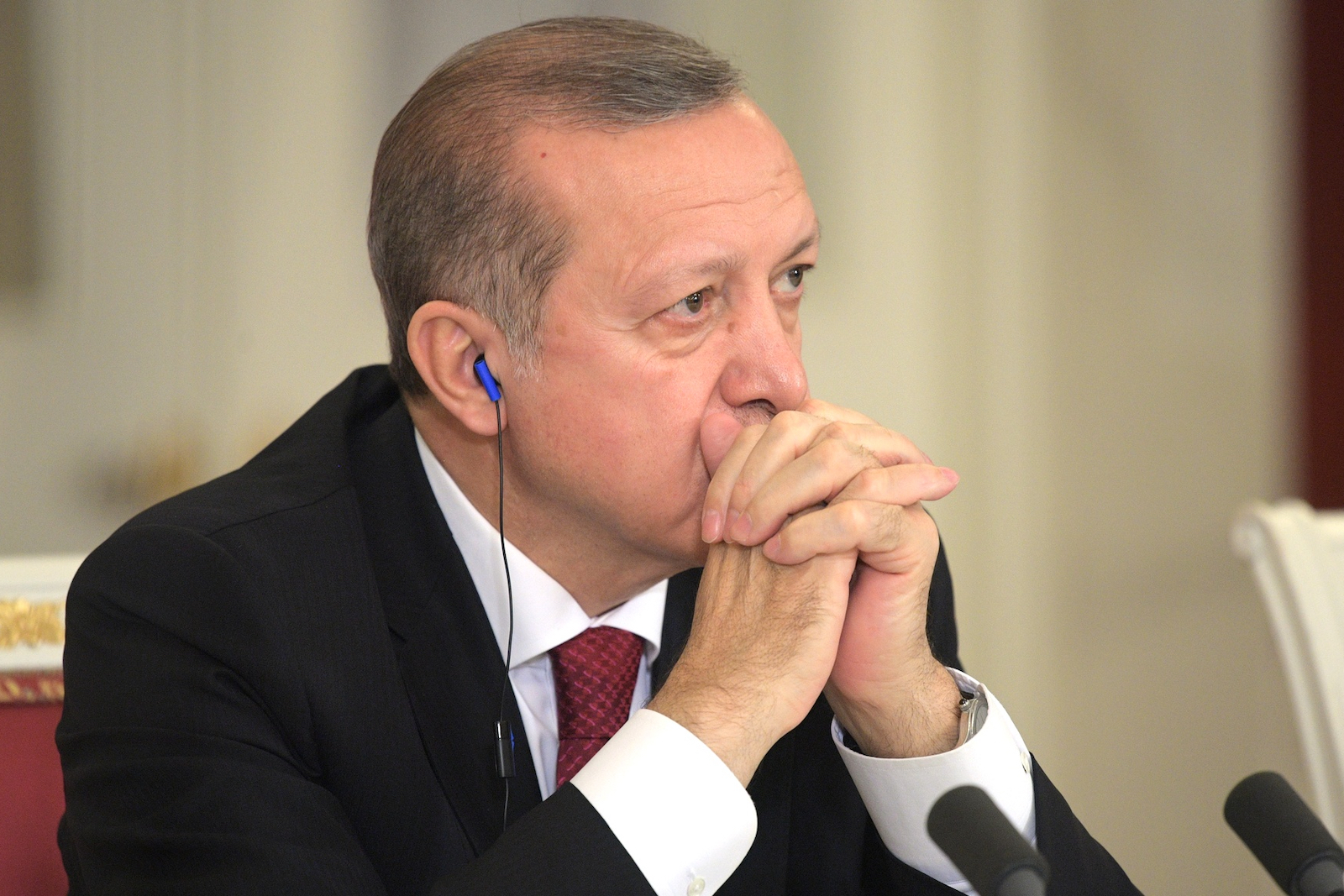
Arab’s ‘Spring’ or Turkey’s ‘Rise’?
Recep Tayyip Erdogan’s announcement that Turkey is changing the rules of engagement regarding Syria is more than a simple escalation of rhetoric: it reveals the extent to which the Turkish foreign policy has radically changed. From Turkey’s famous “zero problems” policy and “transformative diplomacy,” Turkey under the Justice and Development Party is resorting to active engagement. With the sharp deterioration of Turkish-Syrian relations, Ankara is trying to seize the opportunity of the strategic vacuum and the weakness of its Arab rival, Syria, not only to take part in shaping the future of a “new” Middle East but also to enhance Ankara’s influence in its historical Ottoman territory and impose itself as a regional power with global ambitions.
Policymakers, analysts, and scholars, who have noticed this dramatic shift in Turkey’s foreign policy, are debating on the ongoing Turkish “rising” with a new status of a “key emerging power,” its scope and its repercussions. From the very beginning of the uprising in Syria, if not from the onset of the so-called Arab Spring, Turkey has gradually hardened its stance, especially towards the Assad regime. Erdogan did not hesitate to declare: “Any military element that approaches the Turkish border from Syria by posing a security risk will be regarded as a threat, and will be treated as a military target.”
Aware of the tectonic shifts in the geopolitics of the region, Turkish decision-makers opted for a strategic shift with a clear goal and aim: achieving Turkey’s dream of regional leadership. After having invested in its relationship with the Assad regime for many years, Turkey has dramatically changed course. The uncertainties about upheavals in Syria and Iraq and how their power struggles and the regional power games will unfold, pushed Turkey to commit itself, in concert with Saudi Arabia and Qatar, to topple the Syrian regime.
Turkey has explicitly taken a number of substantive steps: hosting important meetings of Syrian opposition parties, establishing the so-called Syrian National Council and giving sanctuary to the Free Syrian Army and Syrian opposition in Istanbul, arming and training Sunni rebels, giving military and logistic support to the rebels, contributing to efforts by the North Atlantic Treaty Organization (NATO) to implement United Nation’s resolutions, allowing Syrian rebels to use Southeastern Turkey as a base from which to carry out armed attacks inside Syria, playing the role of the real “troublemaker” by harboring foreign armed groups and setting up a secret base with Saudi Arabia and Qatar in Adana, a city in southern Turkey about 100 km from the Syrian border to direct military aid to Syrian rebels.
Turkey’s tougher stance has nothing to do with philanthropy and altruism nor is it a result of “solidarity with our brothers in Syria until a new regime is in place,” as Erdogan recently boasted. The real reason is to regain the status as “a major regional power,” animated by what observers call “neo-Ottomanism” and the “doctrine of “strategic depth” which sees Turkey as a regional power, “straddling Europe, the Middle East, and Central Asia.” Erdogan’s ideologically driven foreign policy was highlighted when Erdogan recently said, “They ask me why I care about Syria so much. My answer is simple. It is that we are the remnants of the Ottoman states, the descendants of the Seljuks, and the descendants of the Ottomans.”
Instrumentalism and pragmatism, which shape Turkey’s new strategy and foreign policy, are not sufficient and soon the geographic and historical facts and realities will have the upper hand. Turkey’s strategy entails considerable risks and it should proceed with great caution for the Obama administration and Europe have not always been steadfast allies of Turkey, despite its membership in NATO. As soon as they guarantee their interests, regarding Syria, they will quell Turkish hopes of being a “key emerging economic power,” as Kuseni Dlamini, a member of the South African Institute of International Affairs recently argued.
Ahmet Davutoglu seems to be expressing Erdogan’s sentiments about the need for Turkey to act as an honest broker in the region, “I’d like to advise those who are criticizing us: Go to Cairo. Go to Tripoli. Go to the streets of Beirut, Tunisia, Jerusalem, and ask about Turkey’s policy on Syria. They will hug you and express their appreciation for Turkey’s honorable policy.”
Turkey’s prominent rise in the region should come as no surprise. The United States withdrew from Iraq following a long and bloody war to build a Western-style “democracy” in that country and it is slowly drawing down its forces in Afghanistan. A vacuum is being created and it is a natural development that Turkey would seek to fill it. Prominent statesmen and scholar, Henry Kissinger, has said “Turkey’s influence is growing at a time that the US is withdrawing from Iraq and Afghanistan…Turkey can play a significant role. It shouldn’t run across interests that the US considers imperative.”
The ongoing crisis in neighboring Syria is an immediate challenge to Turkey’s internal stability, the “neo-Ottomanism” nostalgia, and Turkey’s aggressive foreign policy. The question is will Turkey’s new foreign policy soon turn out to mere chimera?

